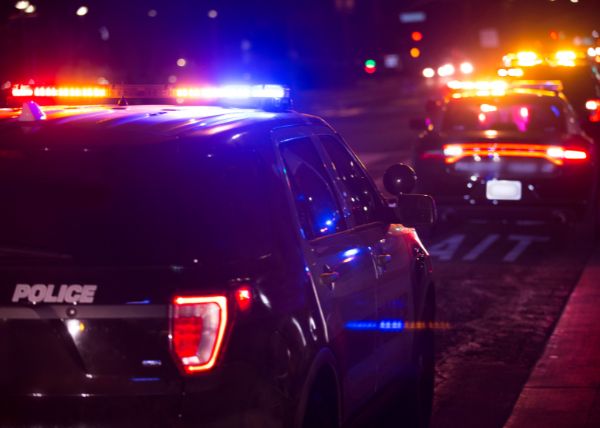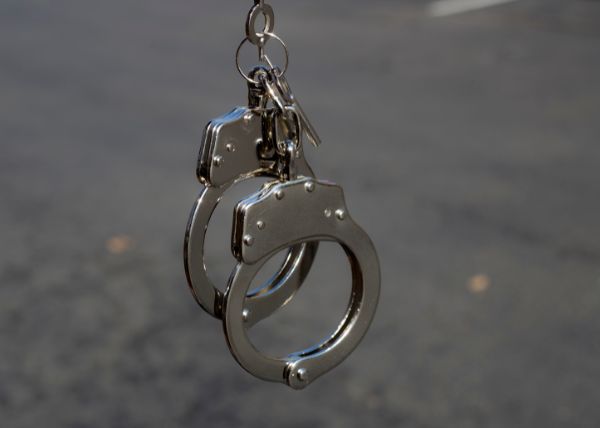
Call Now For A Free Consultation:

Call Now For A Free Consultation:

Police brutality and misconduct come in a wide variety of forms. One of them is excessive force. Excessive force can cause serious harm or even death to individuals, and it is a violation of their constitutional rights. If you believe a police officer used excessive force against you or someone else, it is important to understand what constitutes excessive force and how to take action. Contact Justin Palmer at Justin Palmer Law Group for experienced legal representation in California.
Excessive force by police refers to the use of more physical coercion than is reasonably necessary to control a situation, apprehend a suspect, or protect the public. It involves the unjustified escalation of force beyond what is deemed reasonable under the circumstances, often resulting in unnecessary harm or injury to individuals.
Excessive force can manifest in various forms, including:
This involves the use of physical blows, strikes, kicks, or other aggressive physical actions by law enforcement officers against individuals, even when they pose minimal or no threat.
The use of chokeholds or neck restraints, which restrict the flow of oxygen to the brain, can lead to severe injury or death and are considered excessive force, particularly when applied without justifiable cause.
While Tasers are intended as less-lethal weapons, their misuse or indiscriminate use can result in serious injury or death. Using a Taser on individuals who do not pose an immediate threat or who are already restrained may constitute excessive force.
Baton strikes, bean bag rounds, rubber bullets, and other impact weapons should only be used when necessary and proportionate to the level of resistance encountered. Unjustified or excessive use of these weapons can lead to severe injuries.
The deployment of police dogs to apprehend suspects should be carefully controlled to prevent unnecessary harm. Uncontrolled attacks by police dogs, particularly against compliant or non-threatening individuals, may constitute excessive force.
Applying handcuffs or other restraints excessively tight or for an extended period beyond what is necessary to control a situation can lead to physical injury or distress and may be considered excessive force.
Consulting with an experienced police misconduct attorney can help victims understand their legal rights and options for pursuing a civil rights claim against those responsible for the excessive use of force.
In certain situations, the use of force by law enforcement officers may be necessary to protect themselves, and others, or to maintain public safety. However, it is important to distinguish between necessary and unnecessary uses of force.
Necessary Use of Force:
Unnecessary Use of Force:
It is essential for law enforcement officers to exercise discretion and judgment in determining the appropriate level of force to use in any given situation. Failure to do so can result in violations of individuals' constitutional rights and potential legal consequences for the officers involved.

If you believe that a law enforcement officer is using excessive force, it is important to take certain steps to protect yourself and seek justice:
In California, individuals who have experienced excessive force or other forms of police misconduct have the right to pursue legal action against the responsible parties. However, there are specific legal requirements and procedures that must be followed in order to successfully bring a claim for police misconduct.
Immunity is a legal concept that can sometimes protect law enforcement officers from being held personally liable for their actions during the performance of their duties. In many cases, police officers are granted qualified immunity, which shields them from civil lawsuits unless it can be proven that they violated a clearly established constitutional right.
However, immunity is not absolute and there are exceptions to when an officer can be held accountable for their actions . One such exception is when an officer uses excessive force that is deemed unreasonable under the circumstances. In these cases, individuals may be able to pursue a claim for police misconduct against the officer and the law enforcement agency.
In California, the legal standard for excessive force claims is whether the officer's actions were objectively unreasonable in light of the facts and circumstances known to them at the time. In determining whether excessive force was used, courts will consider factors such as the severity of the crime, whether the individual posed an immediate threat to others, and whether they were actively resisting arrest.
In the state of California, a notice of claim must be filed within 6 months of the incident. Once filed, the individual has an additional 6 months to file a lawsuit. It is important to consult with an attorney as soon as possible after experiencing police misconduct to ensure that your rights are protected and that you meet all necessary deadlines for filing a claim.
If you have been a victim of excessive force, take action today and consult with Justin Palmer Law Group to understand your legal options for seeking justice. Excessive force by police is a serious violation of your rights, and you deserve to hold those responsible accountable for their actions. Call (310) 658-8935 or fill out our online form for a free consultation.
Attorney Advertising | Prior results do not guarantee a similar outcome. The information on this website is for general information purposes only. Nothing on this site should be taken as legal advice for any individual case or situation. This information is not intended to create, and receipt or viewing does not constitute, an attorney-client relationship. This site is protected by reCAPTCHA and the Google Privacy Policy and Terms of Service apply.